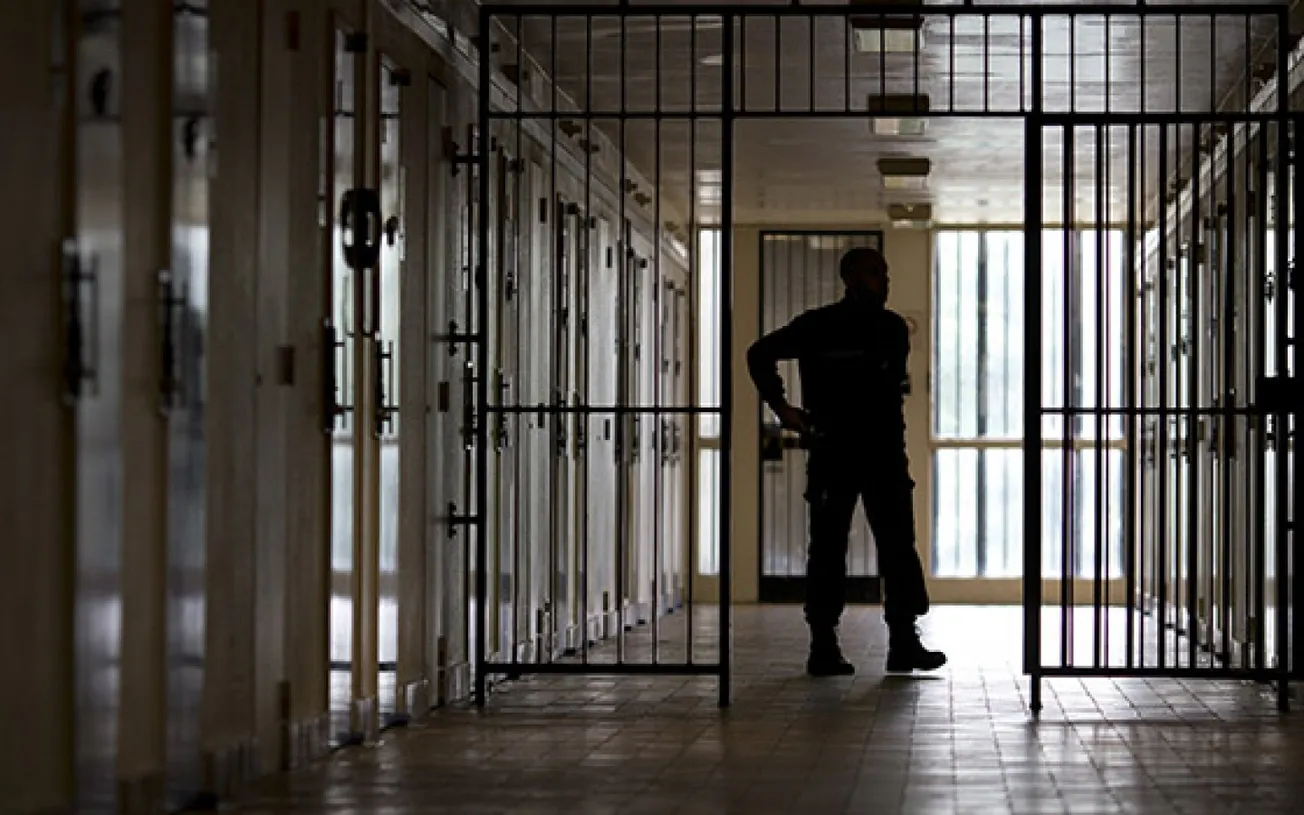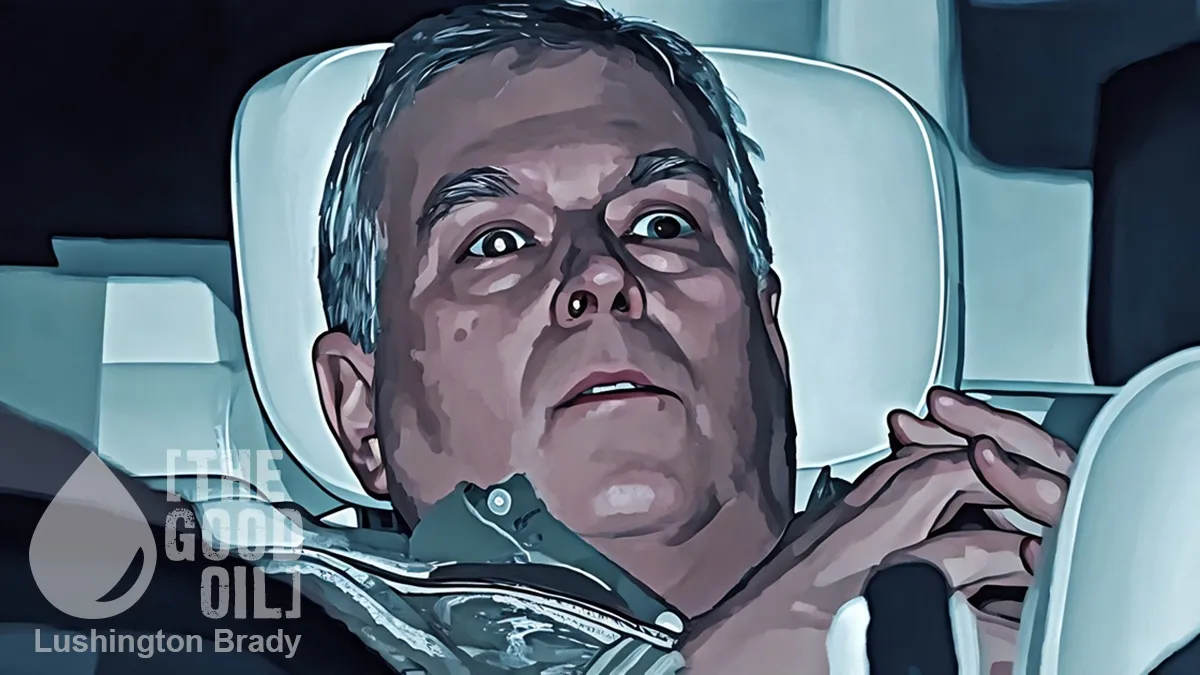Table of Contents
Sensible Sentencing Trust
We cannot forget that 71% of prisoners are incarcerated for homicide or other violent crime
The Waitangi Tribunal report released on Monday, found that the 2010 law change was inconsistent with Treaty principles and led to significant prejudice against Maori.
The Tribunal said the Crown advice to the Select Committee for the 2010 Bill failed to recognise the consequences of the legislation for Maori. It also said disenfranchising Maori prisoners also continued to affect people after they were released.
Claimant Carmen Hetaraka said taking away this right, especially where the offence is relatively minor, is wrong.
Victim advocacy and lobby group, the Sensible Sentencing Trust says this report seems to have conveniently missed out any information regarding why the prisoners are incarcerated.
SST National Spokesperson Jess McVicar says “We cannot forget that 71% of prisoners are incarcerated for homicide or other violent crime. They are in prison as punishment for their offending, to keep society safe from them and to try and rehabilitate them. The Victims of homicide do not get the right to ever vote again, whereas their offender does – when they are released!”
Jess says voting will not assist in their possible rehabilitation, and it will not assist the survivors in their healing process.
“An obligation of a law-abiding citizen is to do no harm to another. Those who choose to offend and are imprisoned because of that offending, have gone against those obligations not to harm when they committed their crime. We are already giving out discounts in sentencing for disconnection of Maori heritage, up to 30% in fact, so when do we stop giving rewards to those who have violently harmed another!?”
Jess believes it will see the political demise of the government if they allow prisoners to vote, and would also cement the concerns that our system has become overly offender friendly.
“I know there is an over-representation of Maori in prison, that is undeniable! But that is for no reason other than they committed a crime, and if they have been incarcerated for longer than the voting period, then chances are it is for a serious crime.”









